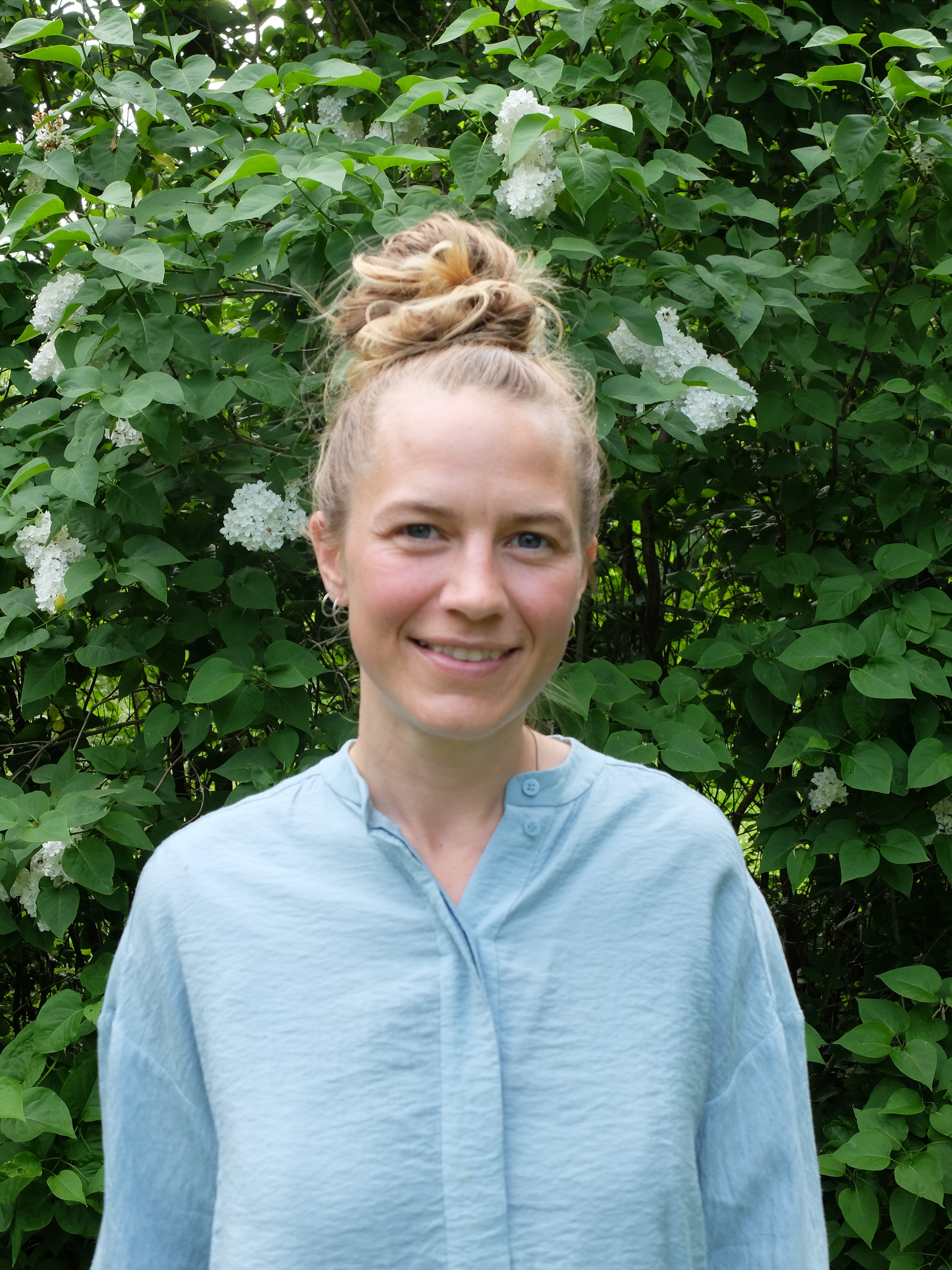Afterimages from the Arab Uprisings
"The Post-revolutionary condition" as a frame for understanding aesthetic strategies

Maj Ørskov research focuses on "The Post-revolutionary condition" as a frame for understanding aesthetic strategies and articulations of image politics within contemporary art from the Middle East. The circulation of images produced by civilians played a crucial role during the Arab Uprisings which reflected a radical development within image politics in the region, especially in terms of negotiating the right for civilians to represent their own reality. This turn towards image politics resulted in a multifaceted artistic production connected directly to The Uprisings. But today these developments within visual culture seem to drown in political instability and increasingly more censorship forced upon artistic practitioners. Maj Ørskov's project suggests this post-revolutionary condition within image politics as a conceptual framework to understand a group of contemporary artists from the region trying to encapsulate "The Post-revolutionary" both as a concrete condition for and metaphorical theme within their artistic productions in the aftermath of the Arab Uprisings.
Maj Ørskov is doing her PhD at the Department of Aesthetics and Culture. She holds a BA in Arabic from Copenhagen University and The American University of Beirut, a BA in Aesthetics and Culture from Aarhus University and a MA in Visual Culture from Copenhagen University. She has worked extensively with the connection between image politics and contemporary art from the Middle East throughout her studies and has for the last couple of years been working in the Department of Interpretation at AROS - Aarhus Art Museum.
